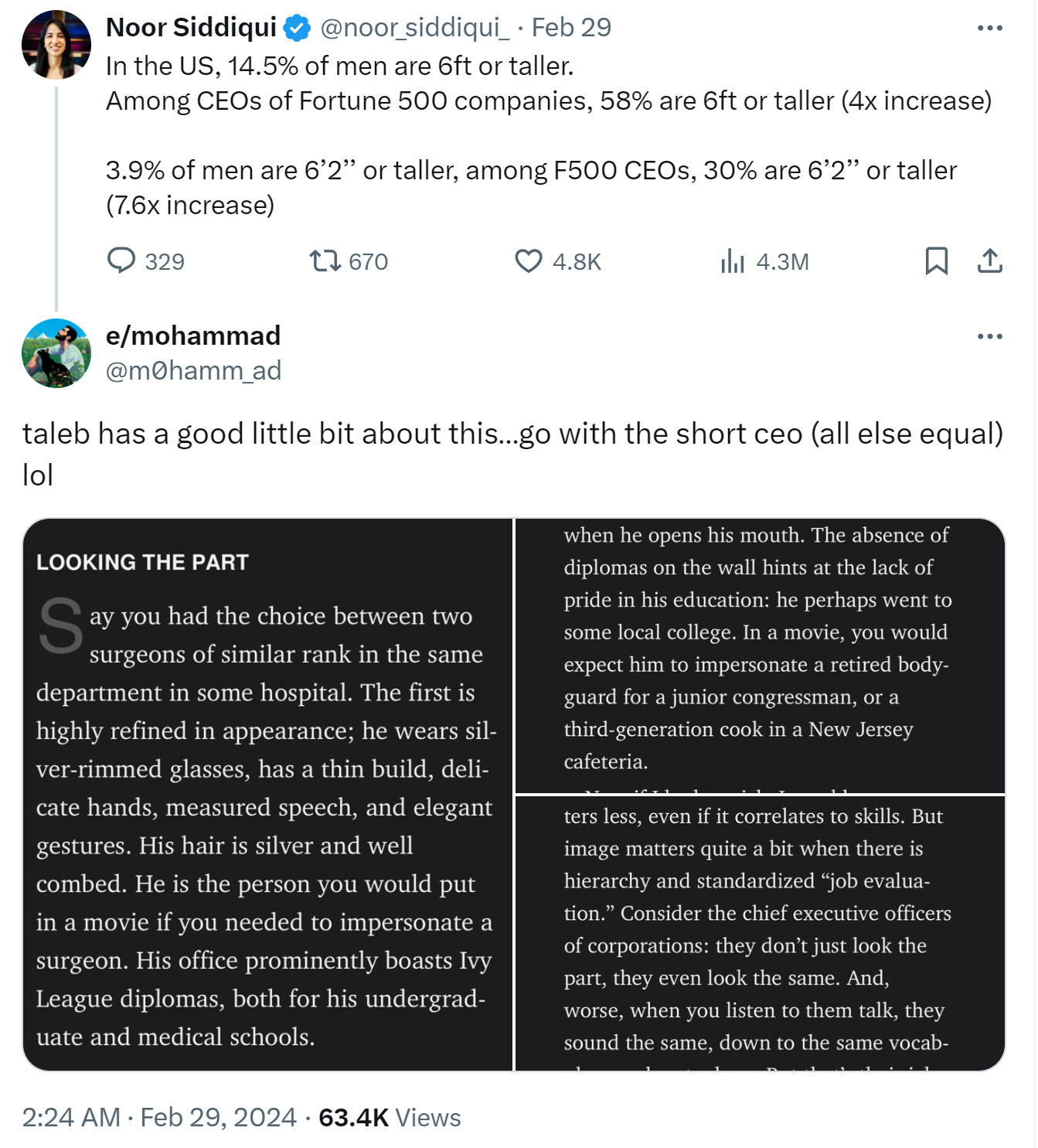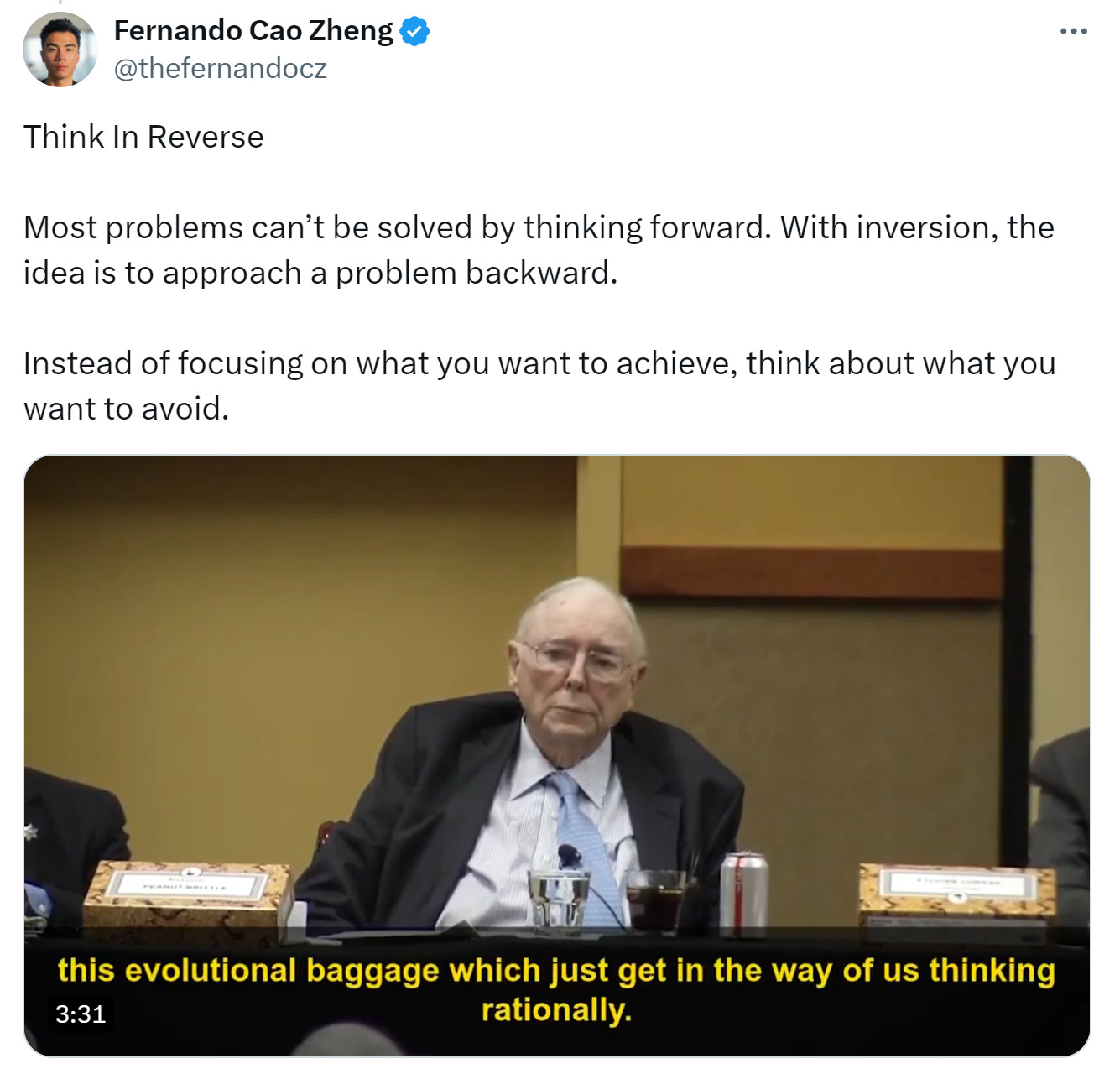M&Ms: No Billions.
Why a small bet's approach to entrepreneurship might never lead to the billions.
"I don't suspect we'll ever see a Small Bettor or Indie Hacker ever create a billion-dollar company."
I said that to a friend recently, and with over two years in the game, this is my honest assessment of the current online business space.
But this is what differentiates early-stage VC-backed startups from the bootstrapped online businesses of today—the billions.
I was an early employee and part of a successful billion-dollar startup once. So, I am not completely clueless about how firms might get to the billions. Jet ended up selling for $3.3 billion.
To illustrate the point, I want to tell you about one of our meetings at Jet. One day, at one of our all-hands, the founder proclaimed, "It's either going to be billions or body bags for us now." I remember thinking this is just the less street version of 50 Cent's mantra, "Get Rich or Die Trying."
But for early-stage venture-backed founders, it is that mantra, even if many don't realize that's what they signed up for.
As a venture-backed founder, you take money from a lot of rich and powerful people. Those people expect a return. And there is immense pressure to make sure you get them a return, or you tried hard to get them a return. Reputations and sometimes other things are on the line. For example, the only way the investors of Jet could've gotten a return was for the founder to flip the company for billions. Anything less than that was a failure. And Jet's founder recognized it and sacrificed a lot trying to make it happen. As a serial entrepreneur, he went into it with eyes wide open, and I respect that.
Most founders walking into venture-backed money today don't think they are making the same bargain. But they are. In that world, anything less than the billions is a failure.
But this gets at our gripe in the Small Bets community with that early-stage VC-backed model. How many founders can actually get to the billions?
My business partner, Daniel Vassallo, in his now infamous post roasting YCombinator*, the most prominent & most successful early-stage venture studio, explained how many founders get to the billions:
"YC will proudly tell you that you are more likely to end up with a billion-dollar business if you join them. That may be true. What they're more reluctant to tell you is that only about 50 companies met that expectation out of the 4,000 or so that went through their program. That's 1.25%. To be fair, that's actually quite impressive, but let's say you have the stamina and willpower to go through YC three times in your lifetime. You'd need approximately 26 lifetimes to hit the jackpot! Aha! See the problem now?
I don't know about you, but I want to be successful in this lifetime. I can't afford to rely on 26 lifetimes. But maybe you think you're special. You're not like those 3,950 dummies who failed. Maybe you are in fact special, but I wouldn't rely too much on that. Business is much more random than it seems. If business was predictable, YC wouldn't have a measly 1.25% success rate, or thereabouts...
So, the best way to find good ideas is to have many ideas, try them out, take what works, and throw away the rest. But this is not what YC wants you to do. YC wants you to pick an idea that has market pull (or the potential for it) and then dig a hole in the same spot until you reach the boiling magma. Because what if you stop digging just before you strike gold? When you're cheap and expandable, it makes sense to make you do that. You must go all in. Diversification is for your YC overlords, not for you.
The best thing I learned about business is to avoid trying to predict what will work and what won't. YC knows this. That's why they only make small bets in thousands of businesses. But YC will try to teach you the exact opposite.
...Don't be a dummy. Don't be a bet in somebody else's portfolio."
Although I wholeheartedly agree with Daniel, it is difficult for me to add to what he wrote because I actually applied for YC before I started placing my own small bets. I did not get in.
So, anything I say about YC has to be viewed from that lens, from the lens that I might just be bitter because they rejected me after the interview. (For the record, I am not bitter, but I am a YC reject.) But now, I think getting rejected from YC was a good thing for my entrepreneurial journey.
In the only podcast that my hero Charlie Munger ever did**, he roasted VCs so badly they had to cut out a good chunk of what he said from the podcast. But even the part they left in is still pretty telling. To paraphrase Charlie Munger, in the podcast, he basically said, "VCs pretend to be these great investors that are inventing the future, but in reality, they are just scattershot spraying their investments across everything. And they aren't great investors, they aren’t great anythings." As an index fund investor myself, I am not mad at VCs for their scattershot approach to investing, I think it's smart. And I don't think Charlie Munger was mad, either. He was just calling it out that they are no better than the rest of us.
But Charlie's comment on VCs gets at the heart of our beef inside the Small Bets community with locking yourself up too early as an entrepreneur. If scattershooting ideas leads to good business, then why should we, as people early in business, shun that approach?
Sure, like I told my friend, a small bets approach might never lead to the billions. And a small bettor might never start a billion-dollar company.
But I've already seen many create diversified income streams and get their freedom from the corporate grind. I've seen many create great lifestyles for themselves. When going into business, isn’t that good enough?
*Daniel Vassallo’s post on “Why You Shouldn’t Join YCombinator.”
**Charlie Munger’s only Podcast appearance in 2023.
Three Things: Hit rate, Look the Part, Invert-Always-Invert
One thing to call out from this post is that those are the number of songs those incredible artists have released.
We don’t see the numbers they recorded that they never released.
When the grammy nominated rapper, Logic, was on with the Write of Passage community and someone asked him “What is your hit rate? How many songs do you record and how many are hits?” he said he can expect a few top 10 billboard chart-topping-song out of a 1,000+ songs that he records.
So that’s closer to a 1% hit rate, not too different from YC.
Taleb argues that if somebody looks the part too much, they probably haven’t had to struggle too much to get the part. And so, you should view them with a grain of salt.
But anybody who does not look the part probably had to do some crazy things, like work really hard, to get the part. And so you know they deserve it.
I said this to my new dentist this week. I said that I trusted him more than my previous dentist, who looked the part too much.
One of Charlie Munger’s best ideas, think in reverse. Worth watching and internalizing.
Three Laughs: Peace of Mind, Looking the part, Mom and Crypto
Sometimes, the peace of mind is worth something.
Remember that Taleb thing from above?
It’s the people with a single monitor that have to code the hardest. Not the people with this setup.
The unfortunate thing here for Mom is that USDC is a stablecoin pegged to the dollar. Unlike Bitcoin, that means it is succeeding if it can stay at a dollar.
Thank you for reading!
—Louie
P.S. You can reply directly to this email, it will get to me and I will read it.










"I said this to my new dentist this week. I said that I trusted him more than my previous dentist, who looked the part too much."
LOL, I hope you didn't tell your dentist that he was unsightly or unkempt ...
Enjoyable post!
I love this. Daniel's anti-YC post. The Taleb point about favoring someone who doesn't "look the part" (because they must have had to work extra hard). The chuckle I got from USDC.